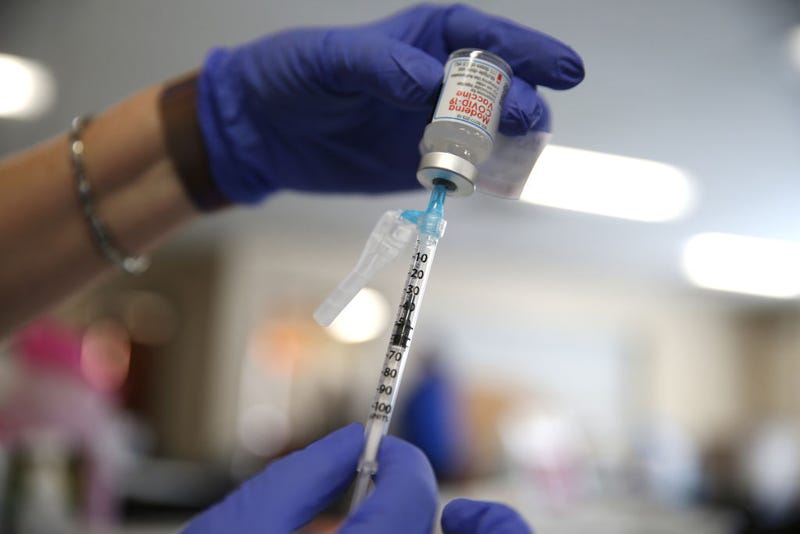
Governor Laura Kelly says Kansas has administered in excess of one million doses of the COVID-19 vaccine, and launched the “Roll Up Your Sleeves” campaign to share the importance of receiving the vaccine. More than 23% of Kansas have been vaccinated with at least one dose.
This news comes on the heels of the governor's announcement that the state will move into Phase 3 and Phase 4 today.
“We administered over one million doses and we'll keep getting vaccines into arms so our kids can get back in the classrooms, Kansans can get back to work, and life can get back to normal” Gov. Kelly said. “With the increased vaccine supply coming to Kansas, we are working to make sure every Kansan gets vaccinated. This vaccine campaign is designed to show every Kansas what the science has proven - that vaccines are safe and will protect all of us from COVID-19."
The “Roll Up Your Sleeves” campaign will feature multiple media outlets, including radio ads. The ads, created by Topeka-based MB Piland, feature Kansans who are committed to their communities. The campaign will run through the end of June.
Starting today, Kansans in Phase 3 & 4 of the Vaccine Prioritization Plan are eligible to receive the vaccine. Kansans will not be required to bring medical records or “proof” of their health condition. Instead, they will be asked to abide by the honor system and self-attest that they fall in Phase 3 & 4 based on the following:
*Those aged 16 through 64 with serious medical conditions that increase the risk for severe illness from COVID-19, including: cancer; Down Syndrome; certain heart conditions; Type 2 diabetes; other serious illnesses; and pregnant women.
*Those aged 16 through 64 with other medical conditions that increase the risk for severe illness from COVID-19, such as: asthma; cystic fibrosis; liver disease; Type 1 diabetes; neurologic conditions like dementia; and other medical risks.
*And other non-health care workers in critical infrastructure who cannot work remotely, including: agricultural and food workers not included in previous phases; workers performing in-person activities indoors; utility workers; social service and government workers not included in previous phases; logistics workers, such as truck transportation workers and couriers; water and wastewater workers; shelter, housing, and finance workers; and information technology and communication workers.
